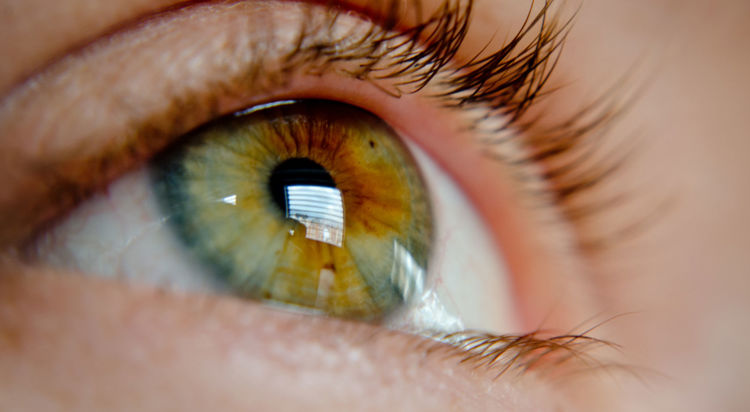
Glaucoma explained
Why early detection is so important

8 August 2023
Glaucoma is a serious eye condition that affects millions of people worldwide. In Australia it affects about 3% of the population over 50 years old. So what is glaucoma, why does it occur, what happens if it’s left untreated, and what are the treatment options?
What is glaucoma?
Glaucoma is a group of eye diseases characterized by damage to the optic nerve. This damage is usually due to increased pressure inside the eye. Glaucoma is often associated with a gradual loss of peripheral vision, which can eventually lead to blindness if it’s not managed properly. The loss of vision is often very subtle so many people that have glaucoma don’t have any symptoms in the beginning.
What’s the cause?
The primary cause of glaucoma is an imbalance between the production and drainage of fluid within the eye. This leads to a build-up of intraocular (inside the eye or eyeball) pressure which can damage the optic nerve over time. While elevated pressure is a major risk factor, glaucoma can also develop even in people with normal eye pressure which suggests that other underlying factors may contribute to the disease, such as low blood pressure, short-sightedness or sleep apnoea.
What happens if it isn’t treated?
If left untreated, glaucoma can result in irreversible vision loss. As the disease progresses, a person’s peripheral vision gradually gets smaller, leading to tunnel vision. Eventually central vision may also be affected, ultimately leading to blindness. It’s crucial to diagnose and treat glaucoma in its early stages to prevent long-term complications. Regular eye exams, especially for people at higher risk, can help early diagnosis and intervention to prevent vision loss (another good reason to see your optometrist regularly!).
Treatment options
Glaucoma treatment aims to lower intraocular pressure to prevent further damage to the optic nerve. The most common treatment is eye drops, although there are more surgical options available now. The choice of treatment depends on the type of glaucoma and how serious it is, as well as the individual patient. Treatment for glaucoma can effectively slow down or stop the disease progressing, preserving the patient’s vision and quality of life. Research is being done into medication that could protect the optic nerve from damage (but we’re still a few years away from that).
If you have any issues with your eyes or vision, speak to an optometrist. You can book an appointment at a Health Centre or one of our optical providers. Don’t forget, an eye check every three years (or one every year once you’re 65) is covered by Medicare. Read more about looking after your eyes.
Sources:
Mitchell P, Smith W, Attebo K, Healey PR. Prevalence of open-angle glaucoma in Australia. The Blue Mountains Eye Study. Ophthalmology. 1996 Oct;103(10):1661-9. doi: 10.1016/s0161-6420(96)30449-1. PMID: 8874440.
Optometry Australia Glaucoma Clinical Practice Guide, Updated December 2020



